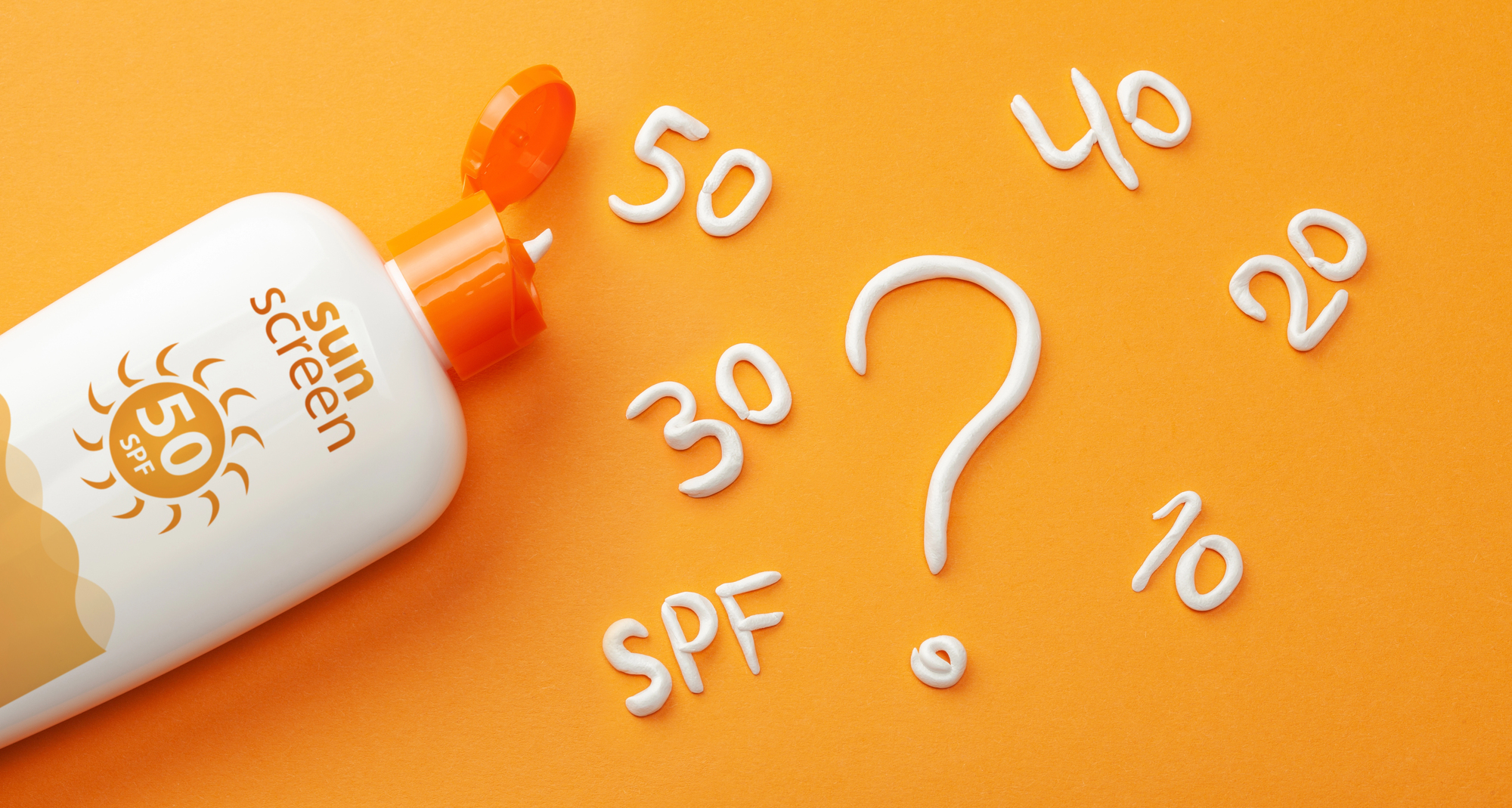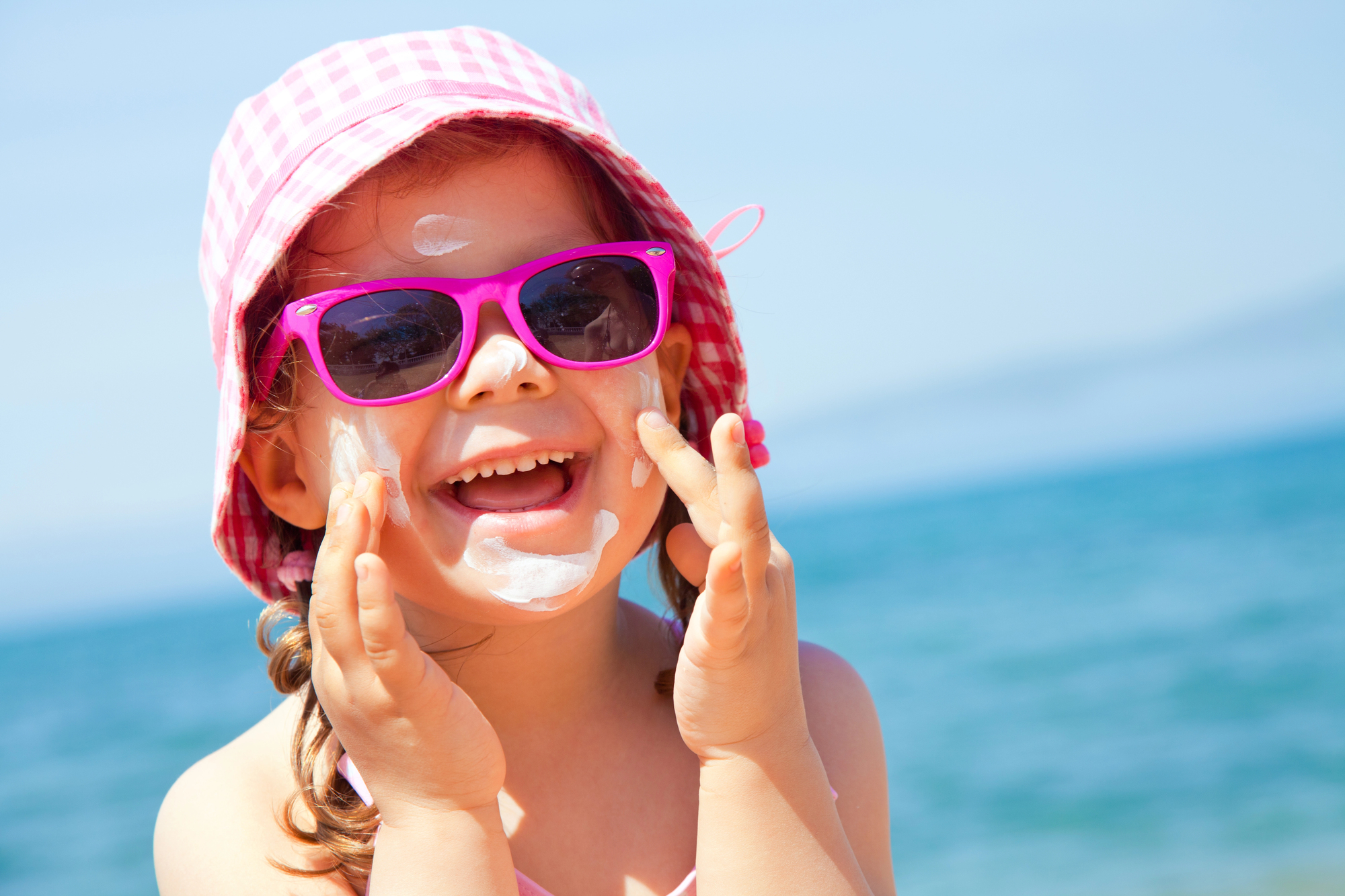Sun Protection Essential Even on Cork's Cloudiest Days: Your Guide to SPF and Star Ratings
Don't be fooled by Cork's cloudy skies - up to 80% of harmful UV rays penetrate clouds. Daily SPF 30 with good star rating essential March-October.

Even on those famously cloudy Cork days, up to 80% of harmful UV rays can still reach your skin through cloud cover, making daily sun protection crucial for preventing skin cancer and premature ageing.
Many Cork folk fall into the trap of thinking they're safe from sun damage when the clouds roll in over the harbour or the Blackwater Valley. However, dermatological research shows that whilst clouds may block the heat we feel, they allow the majority of dangerous ultraviolet radiation to pass through unhindered.
The distinction between UVA and UVB rays is crucial for understanding protection needs. UVB rays primarily cause sunburn and are mostly blocked by thick cloud cover. However, UVA rays, which account for up to 95% of UV radiation reaching Earth's surface, penetrate clouds easily and cause long-term skin damage including premature ageing and increased cancer risk.

Understanding SPF Ratings
The Sun Protection Factor (SPF) system measures protection against UVB rays specifically. The numbers reveal diminishing returns beyond a certain point: SPF 15 blocks: 93% of UVB rays, SPF 30 blocks: 97%, whilst SPF 50 blocks: 98%. The jump in protection between SPF 30 and higher factors is minimal, making SPF 30 the sweet spot for most people.
Crucially, SPF doesn't indicate how long you can stay in the sun. Instead, it measures the amount of UV radiation needed to cause sunburn compared to unprotected skin. The intensity of UV radiation varies throughout the day regardless of cloud cover.
The Irish Star Rating System
In Ireland and the UK, sunscreens feature a star rating system from 0 to 5 stars, indicating UVA protection levels. This system is independent of SPF and measures how effectively the product shields against skin-ageing UVA rays. Higher star ratings provide better UVA protection.
Look for the letters "UVA" inside a circle on packaging, which indicates the product meets EU standards by providing UVA protection of at least one-third of the SPF value. Products offering both UVA and UVB protection are termed "broad spectrum" sunscreens.
Cork's Climate Reality
Cork's Climate Reality
The Irish Cancer Society confirms that up to 90% of UV rays can get through light clouds, meaning even on cloudy Irish days you need to protect your skin from UV damage. The organisation advises that even in Ireland we need to take care when outdoors, especially from April to September, by following the SunSmart code.
Kevin O'Hagan, Cancer Prevention Manager with the Irish Cancer Society, emphasises:
"Even on cloudy days in Ireland, UV rays can damage skin cells. Taking steps like applying sunscreen, covering up by wearing a hat and sunglasses and seeking shade can reduce your risk of skin cancer."
The UV index, available on most weather forecasts, provides daily guidance. When it reaches 3 (moderate) or above, sun protection becomes essential, even if conditions feel cool or overcast. Cork's coastal location and frequent cloud cover can create deceptive conditions where people spend longer outdoors without realising they're accumulating UV damage.
Application Guidelines
Adults should apply approximately six to eight teaspoons of sunscreen to cover their entire body. Most people apply too little, reducing the protection significantly. Sunscreen should be applied 15-30 minutes before sun exposure and reapplied every two hours, or immediately after swimming, sweating, or towel drying.
For daily use, incorporating SPF into morning routines eliminates weather-dependent decision making. Many moisturisers now include SPF protection, though these shouldn't be relied upon for extended outdoor activities.
Special Considerations for Ireland
People with naturally pale, freckled skin typical of the Irish population burn more quickly than those with darker skin tones. However, all skin types can develop cancer regardless of natural protection levels.
Children require particular attention, with those under six months kept out of direct sunlight entirely. The NHS recommends all children under five take vitamin D supplements to ensure adequate levels while maintaining sun protection.
Remember that UV rays reflect off water, sand, and concrete, increasing exposure even in shaded areas. This is particularly relevant for Cork's many riverside and coastal areas where reflected radiation can catch people unaware.
The bottom line: effective sun protection isn't about the weather you can see, it's about the invisible radiation you can't. Make sunscreen as routine as your morning coffee, and your skin will thank you for years to come.